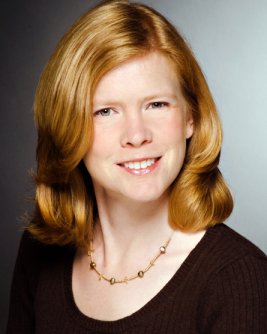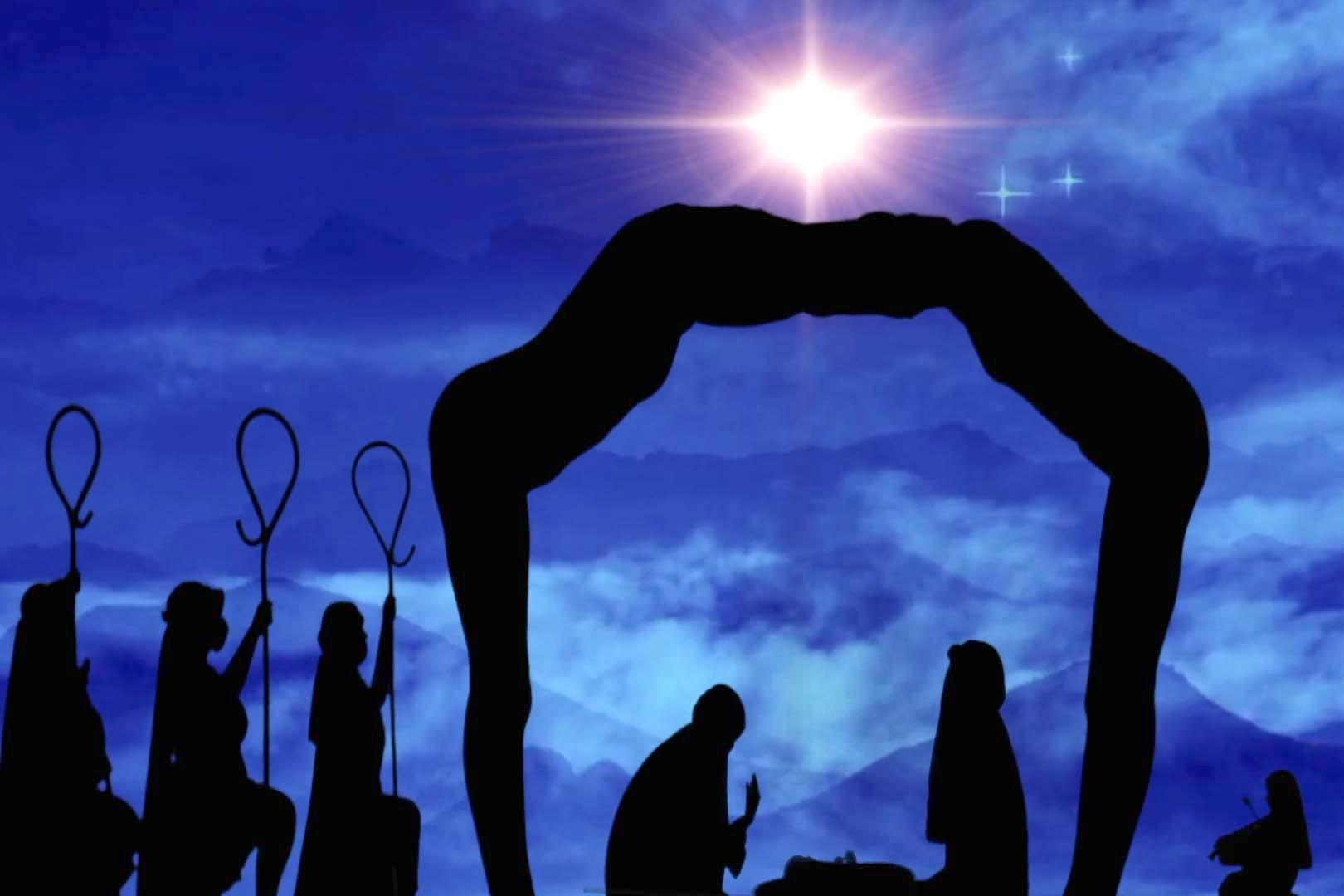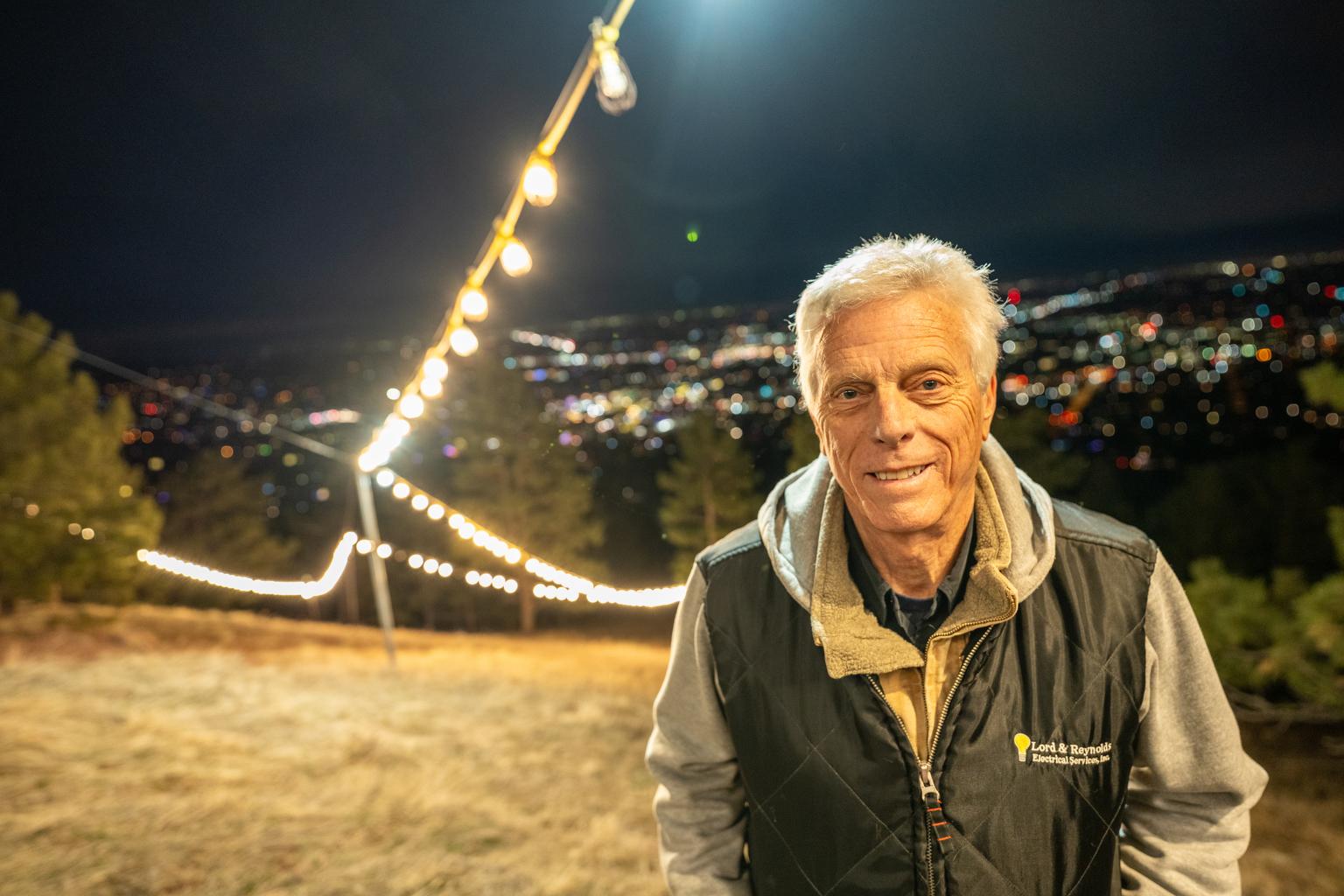Reporting by Megan Verlee and Ben Markus
Primary voters went to the polls across the state yesterday. Several of the most watched Republican races were in El Paso County, but on Election Night, politics took a backseat to Mother Nature when the Waldo Canyon fire took a turn for the worse.
Here’s the transcript for the first of two reports on the primary, from Colorado Public Radio’s Megan Verlee:
Reporter Megan Verlee: By 6 o’clock last night, last-minute voters dropping off their ballots rushed through an eye-stinging cloud of smoke, flakes of ash sifting down like snow.
Reporter: Excuse me ma’am, I’m with a local radio station, we’re doing some primary coverage. Do you have a second?
Voter: You know, I don’t because we were just evacuated with the fire, so I need to head on with my kids.
Reporter: Several Republican voters who did have time to talk said they had a lot of trouble making up their minds. El Paso County mailboxes have been stuffed for months with negative mailers. El Paso County Clerk Wayne Williams blames the divisive campaigning on one thing:
Wayne Williams: Partisan redistricting.
Reporter: Democrats drew new maps last year that forced some Republican incumbents to run against each other and created new open seats. Williams says it’s sparked a surprising amount of voter interest for a year with no major statewide races.
Williams: We’re likely to surpass the turnout in the contested races over two years ago when you had hotly contested US Senate and Gubernatorial races that were much more the marquee race than you have this year.
Reporter: It may take a while for the clerk’s office to count all those ballots though. In the late afternoon, Williams and his whole office had to evacuate when the Waldo Canyon fire began to encroach on Colorado Springs. They were able to release results for ballots collected through Tuesday afternoon. Those tallies show Congressman Doug Lamborn leading his challenger Robert Blaha; State Representative Larry Liston far behind relative newcomer Owen Hill in a State Senate race; and State House Majority Leader Amy Stephens with a commanding lead over Representative Marsha Looper. At a restaurant in Falcon, east of Colorado Springs, Looper and her supporters gathered for an Election Night party. While the results looked bad for her, Looper tried to strike a positive note.
Marsha Looper: We are so fortunate to live in such a great country that allows us to have these differences, to vet these things out within the party and then get behind who our candidates are and then look toward the November elections.
Reporter: For state races in El Paso County, though, November is actually lot less important than June. Most of yesterday’s Republican victors will have no opposition in the General Election.
***
While Colorado Republicans duked it out in more than a dozen primaries, Democrats enjoyed a night of few battles. Only a handful of State House races and one State Senate seat were contested.
Here is a transcript of a report from Colorado Public Radio’s Ben Markus:
Reporter Ben Markus: One of the few Democratic primary races was here in Aurora. In a country club ballroom political newcomer and state House candidate Jovan Melton told his followers it was going to be a long night.
Jovan Melton: I understand some people have kids, and got to work in the morning, so if you have to leave I understand, but we will be here until the last vote is counted and we declare victory.
Reporter: Melton led fellow democrat Terry Todd by only a handful of votes for most of the night. That close race was the exception for Colorado Democrats. The total number of contested primaries actually wasn’t unusual.
John Straayer: What is unusual is the imbalance this time.
Reporter: That’s CSU political science professor John Straayer. He says there were so many more Republican primaries partly because the party is wrestling with insurgent Tea Party candidates.
Straayer: The Democrats, I don’t think, as compared to the Republicans right now, I don’t think are quite as internally fractured. You’ve got the Tea Party movement on the Republican side, and that party has been drifting to the right.
Reporter: Redrawn district boundaries also played a role. The every-ten-year reapportionment process favored Democrats and spared them the pain of having legislators run against each other. Rick Pallacio, Chair of the Colorado Democratic Party, says where Democrats were lumped together, candidates were convinced to step down to avoid a primary contest.
Rick Pallacio: Well, I’m not sure that anyone actually told anyone that they needed to step aside. People were perhaps encouraged, but it’s more about coming together as a team.
Reporter: But that meant many Democratic voters got ballots with no options - not great for generating turnout. But Pallacio is confident that won't sap enthusiasm for November’s general election.
Pallacio: Because it’s a Presidential election and I think there are a lot of people around the state, most people around the state, regardless of party affiliation, understand that there’s a lot at stake in 2012.
Reporter: And with the primary finished, campaigning for those November contests can now begin in earnest.
[Photo: CPR/MVerlee]









